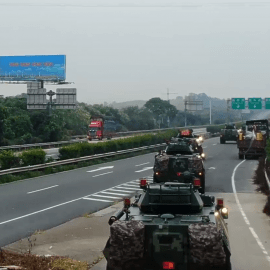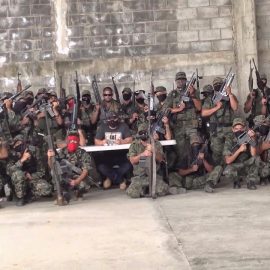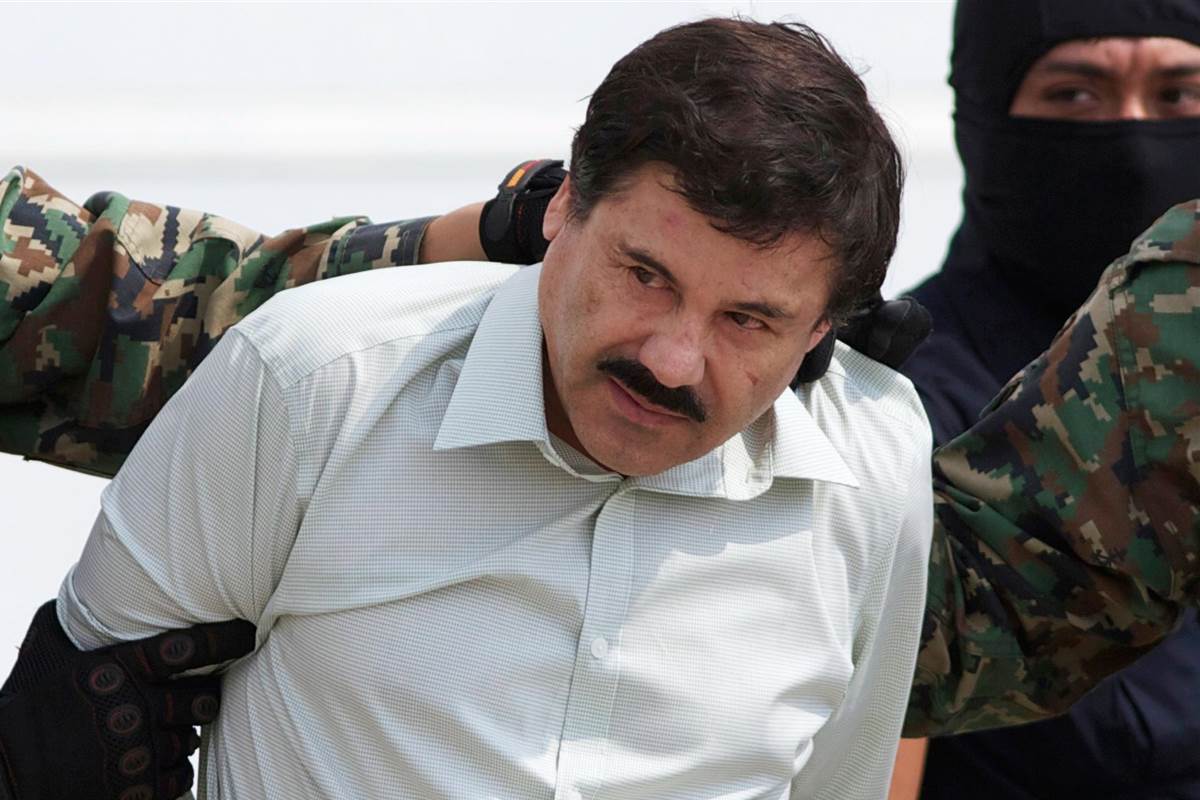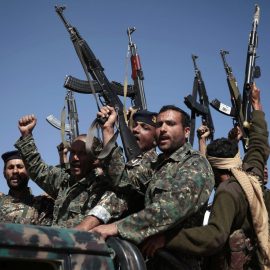A lot of people see the Cold War as distant history. There was even one political scientist/economist who wrote a book in 1992 claiming that the end of the Cold War was “The End of History.” Obviously, that thesis didn’t age well. But even leaving aside the nonsense that with the collapse of the Soviet Union, a new age of democracy and peace had dawned, a lot of us still see a rupture between the Cold War and the present strategic situation. There is no such rupture, though. History doesn’t work in “eras” except in high school textbooks. Yes, this is in reference to my last post. An expansion, if you will. If you want to understand why we seem to be trapped in “endless war,” then you need to understand what happened since World War II, and how that has contributed to where we are now. The Cold War has been described as the multi-decade tensions between NATO and the Warsaw Pact, marked by espionage, massive conventional forces staring at each other across the Iron Curtain, and the Mutually Assured Destruction of thousands of nuclear weapons pointed in both directions. And those were part of it. But the Cold
Hong Kong Crackdown

As the People’s Armed Police gather with their vehicles in Shenzen, it looks like Hong Kong’s semi-autonomy may soon be at an end. I haven’t exactly been shy about casting the Red Chinese as villains in the past. Despite the propaganda that they’ve been spreading around, and that has been often parroted by those with financial ties to Beijing, they’ve certainly earned it over the years. (Try to get any official Chinese outlet to talk about Tianamen Square sometime.) While it might be tempting, given the sheer weight of Chinese products sold to the West, to think that China has truly “embraced” the free market, the Chinese Communist Party is still firmly in charge.
The Irregular Side of Future War

So far, the Maelstrom Rising series has mostly focused on the fact that conventional combat in future war is anything but dead. But there’s an irregular side to it, too, and the future is going to feature as much of the irregular, asymmetric side as the conventional, combined-arms side. There’s an article over on Borderland Beat about just that side of warfare, a side that is becoming increasingly prevalent in the modern world. Future conflicts will mostly be waged by drug cartels, mafia groups, gangs, and terrorists. It is time to rethink our rules of engagement. Wars are on the rebound. There are twice as many civil conflicts today, for example, as there were in 2001. And the number of nonstate armed groups participating in the bloodshed is multiplying. According to the International Committee of the Red Cross (ICRC), roughly half of today’s wars involve between three and nine opposing groups. Just over 20 percent involve more than 10 competing blocs. In a handful, including ongoing conflicts in Libya and Syria, hundreds of armed groups vie for control.
El Chapo’s Trial and Insight About War

I’ve delved into Mexico a bit in my fiction. The deepest was The Devil You Don’t Know, which not only looked at the overall situation in Mexico, but also the consequences of focusing too much on High Value Targets. We seem to be obsessed with getting the “leaders,” the HVTs. (Not saying that there aren’t people working on “going up the killchain,” but culturally, our focus is always on getting the guy at the top. Whether it was the “Thunder Run” to Baghdad, that was supposed to end the war in days, in a repeat of Desert Storm, or the focus on getting Bin Laden, or al Baghdadi, or El Chapo. The idea seems to be that if you get the guy at the top, then the bad guys will collapse. Except that it doesn’t work that way. It never really has. Capturing and executing Saddam didn’t end the insurgency. Killing Bin Laden wasn’t the end of Al Qaeda. And from the trial of El Chapo, it’s evident that he really wasn’t that important to the Sinaloa Cartel, either. As of this writing, the prosecution and defense have finished their closing statements and we don’t know how it will end.
